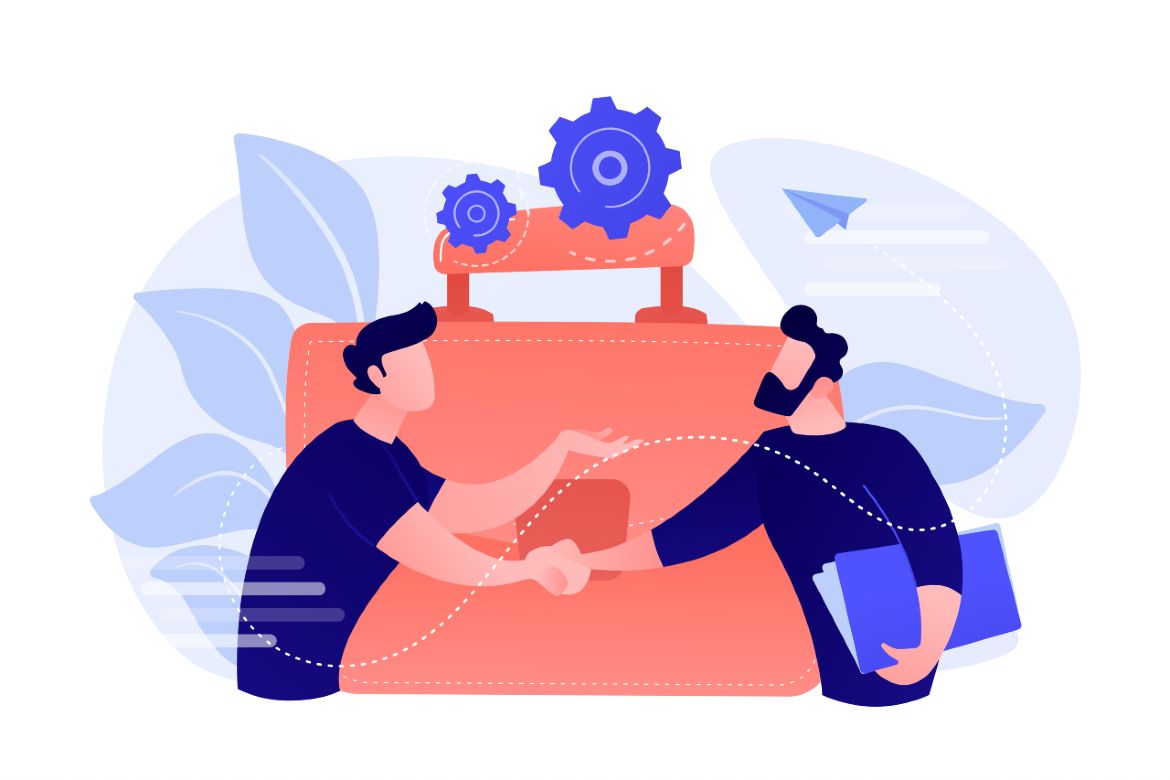
A Deep Dive into Mastering Common Interview Questions
Posted on:
Job Interview Preparation
Job interviews represent pivotal moments in anyone's career journey, where the ability to effectively communicate experiences and skills can make all the difference. In my short stint so far as a recruiter, I have encountered numerous candidates who, with proper preparation and a strategic approach, have successfully navigated through commonly asked interview questions. In this guide, I hope I can help you going forward by delving into key strategies and techniques to master these questions, ensuring you can stand out amongst everyone else.
Preparation: The Foundation of Success

Before diving into interview questions, thorough preparation is important. Candidates should take into account the following guidelines:
Details of Interview
Gather essential information such as time, date, location, interviewers, and job title. Understand whether the interview will be technical, non-technical, or both. Knowing these details allows candidates to tailor their responses accordingly and approach the interview with confidence. Speaking with a recruiter will give you an upper hand as they have insight into this hiring manager, what they like and dislike, their expectations, and further insight from how past candidates have done.
Know Your CV
Familiarise yourself with the format of your CV, enabling you to confidently discuss your experiences and link achievements to each role. Address any career gaps, ensuring you can provide a clear and concise explanation if asked during the interview.
Study the Job Spec
Analyse the job specification thoroughly to understand the specific requirements of the role. Identify areas where you excel and areas where you may need improvement. Reflect on how you can leverage your strengths to contribute effectively to the position and develop strategies to address any skill gaps. A great way to prepare your real-life examples, to discuss at the interview, is to take each responsibility listed on the job spec and map out a real-life example that demonstrates your ability to do what the job is asking you to do.
Research the Company
Gain insights into the company's background, values, culture, and recent developments. Utilise resources such as the company website, annual reports, and news articles to familiarise yourself with its mission and goals. Additionally, engage with current employees if possible to gain insider perspectives on the company culture and work environment.
Understanding the company's “Employee Value Proposition” is essential. You want to know about the career growth prospects they offer, work-life equilibrium, compensation, and beyond. This is essential as it helps you find a job opportunity that really aligns with you, your values, and your aspirations.
Know Your Interviewer
Research the background of your interviewers, including their professional experience and roles within the company. Identifying common interests or connections can help establish rapport during the interview and demonstrate genuine interest in the opportunity.
One trick could be finding the hiring manager's LinkedIn page and studying it. Find details you could ask questions on, or find commonalities that you could talk about to build rapport with them. Details such as past companies they have worked for, or skills they have that interest you or are relevant to bring up. Finding commonalities can also act as ice breakers before beginning an interview if you can fit them.
Self-Assessment
Reflect on your strengths and weaknesses, both in terms of technical skills and soft skills such as communication and teamwork. Be honest with yourself about areas where you excel and areas where you may need improvement. Develop action plans to enhance your skills and address any weaknesses proactively.
Plan Your Route
Ensure punctuality by planning and timing your travel route to the interview location. Consider factors such as traffic and public transportation schedules to avoid any last-minute delays. Arriving early allows you to compose yourself and enter the interview calmly and composedly.
Dress Appropriately
Choose attire that aligns with the company culture and industry norms. Opt for professional attire that reflects your respect for the opportunity and demonstrates your readiness to engage in a professional setting.
Mastering Common Interview Questions

Now, let's explore strategies for effectively answering typical interview questions:
Background and Introduction
When asked about your background or to introduce yourself, provide a concise overview of your professional journey, emphasising relevant experiences and accomplishments. Highlight key milestones and achievements that demonstrate your qualifications for the role. Tailor your response to align with the job requirements and company culture, showcasing your enthusiasm and fit for the position.
Company and Role Knowledge
Demonstrate your understanding of the company and the role by highlighting key insights gained from your research. Discuss how your skills and experience align with the company's objectives and contribute to its success. Showcase your enthusiasm for the opportunity by sharing specific reasons why you are excited about the role and how you can make a meaningful impact.
Motivation and Fit
Articulate why you are interested in the job and how you align with the company culture and values. Share personal anecdotes or experiences illustrating your passion for the industry and your commitment to professional growth. Emphasise your enthusiasm for the opportunity and your eagerness to contribute to the team's success.
Strengths and Weaknesses
When discussing strengths, focus on qualities relevant to the role and supported by concrete examples. Share success stories or achievements that demonstrate your skills and expertise in action.
For example, you may have extensive experience working with Microsoft Azure as your cloud provider, if the market is more AWS-heavy right now it would be the perfect time to show off your expertise. For weaknesses, acknowledge areas where you may need improvement and discuss steps you have taken to address them. Highlight your willingness to learn and grow, emphasising your proactive approach to self-improvement. For example, if your scripting skills have been lacking as of late and the role relies on it, talk about how you have been upskilling in this area by taking on more projects or doing certificates.
Achievements and Unique Selling Points
Share notable achievements that highlight your skills and abilities. Quantify your accomplishments whenever possible to provide context and credibility to your claims. Differentiate yourself from other candidates by emphasising unique strengths or experiences that set you apart. Use storytelling techniques to engage the interviewer and leave a lasting impression.
Long-term Goals and Motivation
When discussing your long-term goals, demonstrate ambition and alignment with the company's mission and vision. Share insights into your career aspirations and how the role fits into your professional development plan. Discuss opportunities for growth and advancement within the company, showcasing your commitment and enthusiasm for the future.
In conclusion, mastering common interview questions requires diligent preparation, strategic storytelling, and genuine enthusiasm. By following the guidelines outlined in this guide and utilising the STAR method effectively, as a candidate, you can confidently navigate through interviews and position yourself as a top contender for the job. Remember, preparation is the key to success, and with the right approach, you can maximise your chances of securing the job of your dreams.
If you require further assistance or wish to practise interview techniques, do not hesitate to reach out. We are here to support you in your journey toward career success.






